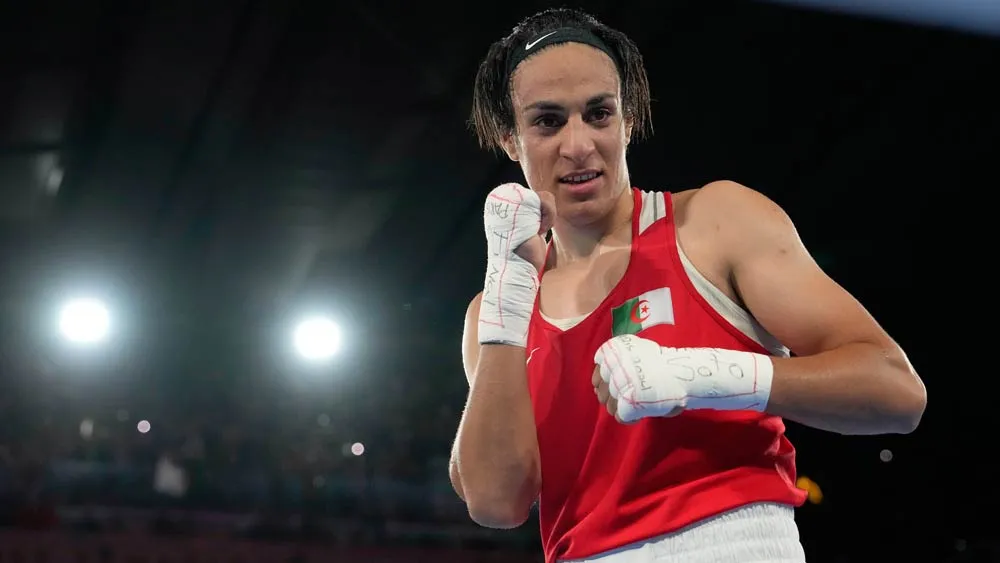December 8, 2014
IFUW Affirms Girls' Education on Human Rights Day
Winnie McCroy READ TIME: 3 MIN.
On December 10, Human Rights Day, the International Federation of University Women (IFUW) draws global attention to the fundamental human right to education, which directly enhances sustainable development and is a critical means to combat poverty.
"The International Federation of University Women affirms and emphasizes the right to education as a standalone international human right and an enabler of numerous other human rights, which must be promoted, protected and provided to all people without discrimination," write the IFUW.
The right to education is unequivocally enshrined in core international agreements and treaties including the Universal Declaration of Human Rights, the International Covenant on Economic, Social and Cultural Rights, the Convention against Discrimination in Education, the Convention on the Rights of the Child, and the Convention on the Elimination of All Forms of Discrimination against Women.
Despite the widespread global recognition, the international community as a whole is not on track to meet the most fundamental education target of achieving universal primary education -- as set out in the Millennium Development Goals (MDGs). About 58 million children are still out of school, the majority of whom are girls.
IFUW urges all stakeholders and policy makers, especially within the fields of education and international development, to adopt, implement, accelerate, and adequately finance measurable plans of action to increase access to, and completion of, all levels of education for all people. IFUW calls for particular commitment and support for at-risk groups, especially girls and women with disabilities, those of rural, indigenous or migrant background, and those displaced by war.
While recognizing the progress that has been made toward achieving the education goals set out in the MDGs, President of IFUW, Catherine Bell, stressed that: "the human right to education must extend beyond the provision of basic literacy and numeracy skills developed at primary level. To ensure continued progress in knowledge dissemination and innovation, and to bridge both gender and poverty gaps, states must recognize the lifelong nature of learning for girls and women, which critically includes secondary, tertiary, continuing and non-traditional education."
Elaborating on the nature of education as an enabler of other human rights, President Bell illustrated the concrete and direct correlation between the most fundamental human right of all -- the right to life -- and its intrinsic connection with the right to education.
"By providing mothers with a primary level education, maternal death rates would fall by two-thirds -- saving almost 100,000 lives," said Bell. "Extending this paradigm to include mothers with a secondary education, child deaths would be reduced by half, saving a further 3 million lives. Realizing the right to education can quite literally be a matter of life and death."
While emphasizing the necessity to significantly increase access to lifelong education for girls and women, IFUW particularly urges all states and education sectors to prioritize the implementation of universal access to free, quality secondary education, including by providing financial incentives and support to keep girls from the poorest families in school. Access to, and completion of, quality secondary education is a critical means to empower girls and women by providing them with the skills and knowledge -- academic, social and personal -- that they will need to progress further in higher education, work and society.
The International Federation of University Women (IFUW) is based in Geneva, Switzerland, and has an international membership. Founded in 1919, IFUW is the leading girls' and women's global organization advocating for women's rights, equality and empowerment through access to quality education and training up to the highest levels. IFUW is in special consultative status with ECOSOC and is an NGO maintaining official relations with UNESCO.
For more information, visit www.ifuw.org/
Winnie McCroy is the Women on the EDGE Editor, HIV/Health Editor, and Assistant Entertainment Editor for EDGE Media Network, handling all women's news, HIV health stories and theater reviews throughout the U.S. She has contributed to other publications, including The Village Voice, Gay City News, Chelsea Now and The Advocate, and lives in Brooklyn, New York.


